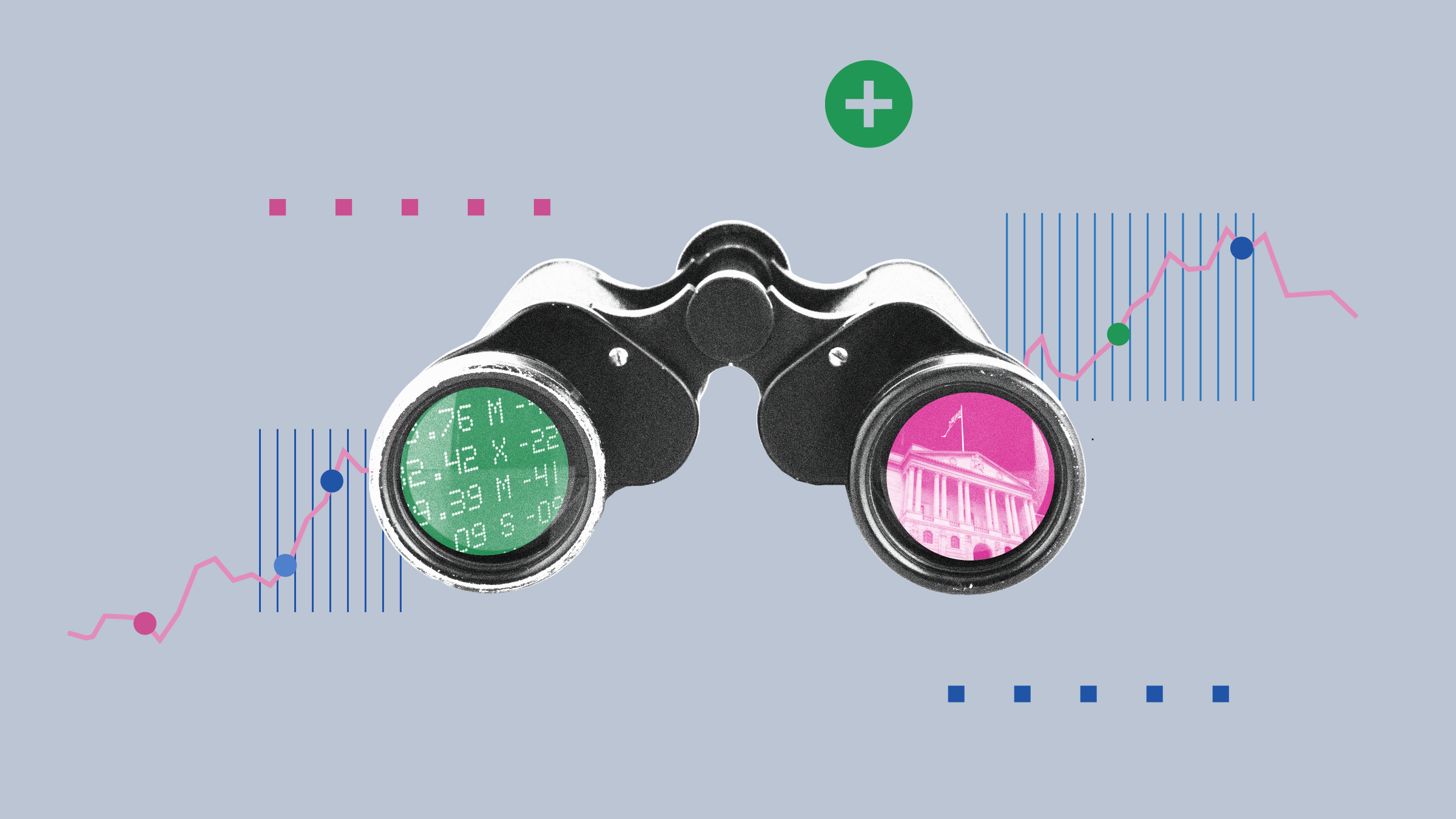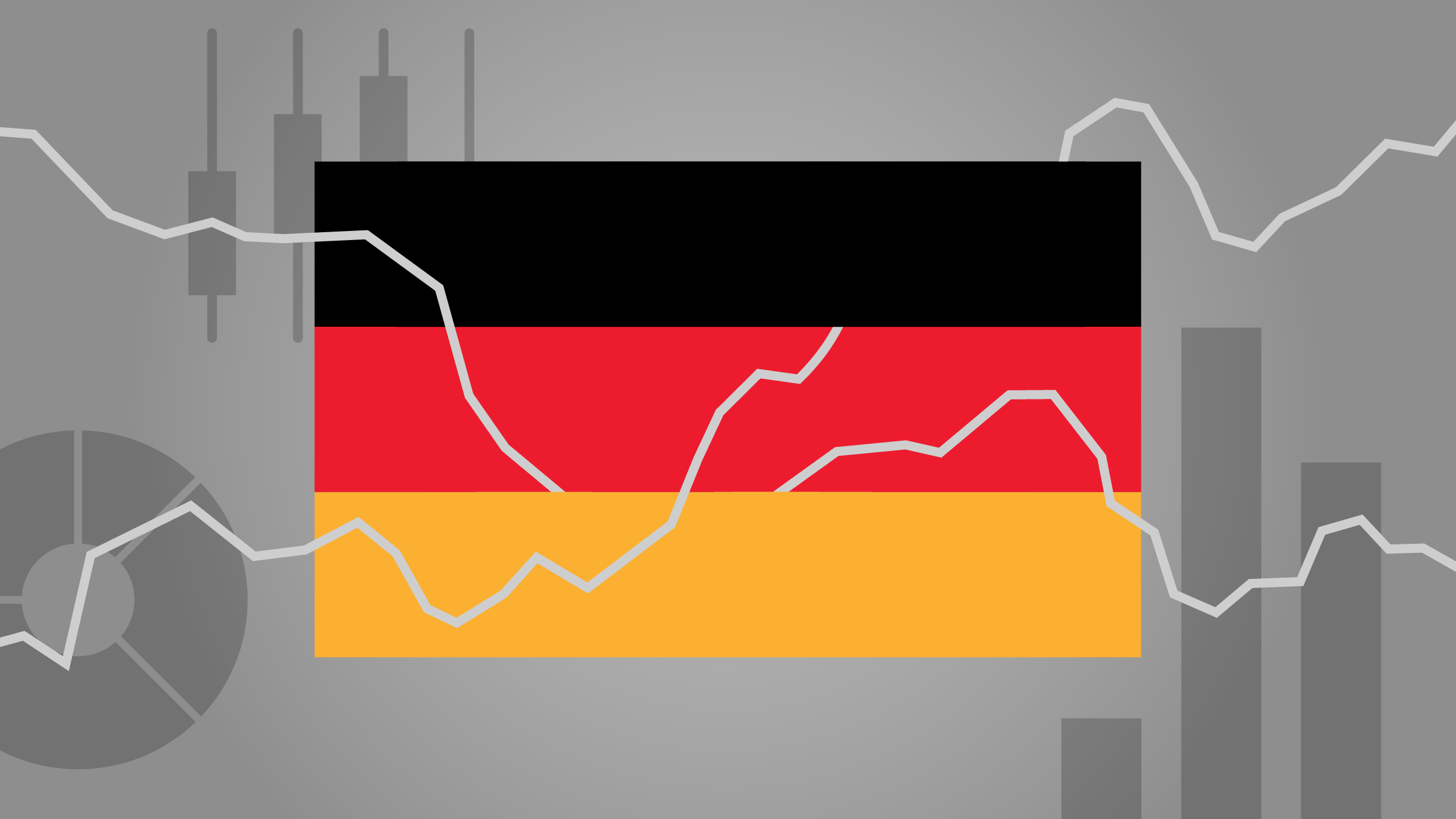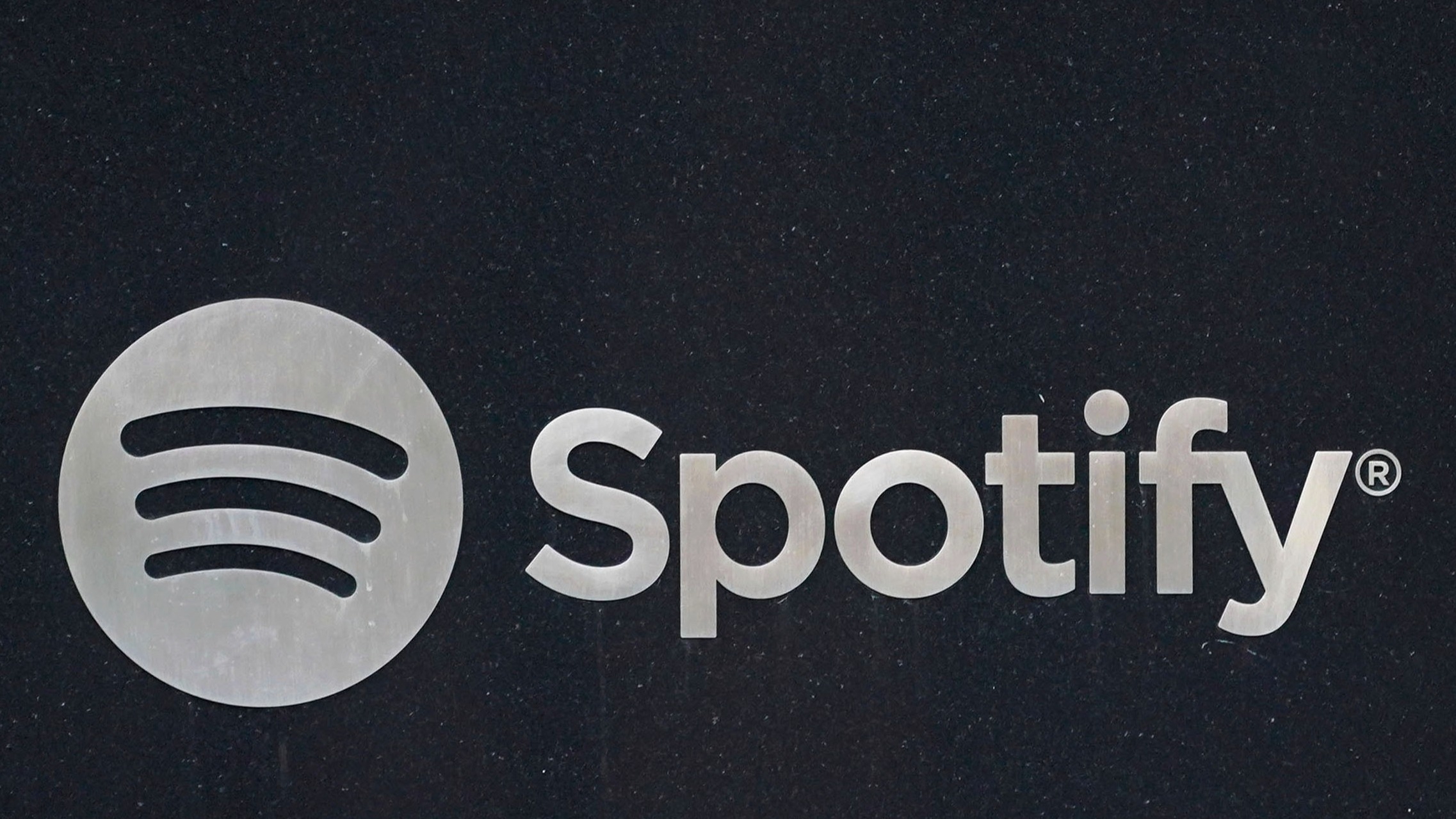
James Fenton says it is no surprise he is an active investor, given that one grandfather had a “gambling streak” and the other had a career in accountancy.
“Perhaps it is not surprising I was interested in the stock market from an early age.”
James, who recently turned 40, invested his first £500 in the stock market when he was 20 years old, and now has a growing share portfolio. “The goal is to live off the proceeds, primarily via dividends but hopefully supplemented with some capital gains.”
James has a mix of Isas – which includes a Lifetime Isa – and standard trading accounts which he holds with AJ Bell, alongside his pension holdings.
He says: “I tend to invest primarily in large cap individual stocks, although I do buy FTSE 100 trackers when I think the market has taken a short-term dive and I can see value in a lot of places.
“I usually have a watchlist of around 25 to 30 UK stocks in industries I’ve come to feel confident don’t have major long-term structural risks. Within these sectors I try to pick well managed companies.”
James typically sets quite aggressive entry points that sometimes aren’t reached. “But hopefully this builds a good margin of safety.” At the moment he has 11 holdings in his portfolio, and around a 10% cash holding.
Biggest Holdings Have Struggled
James, who lives in Nottingham, says some of his holdings have obviously fallen in value given the recent market volatility.
“My two biggest stocks are Vodafone (VOD) and DFS Furniture (DFS). The latter was particularly successful towards the end of last year given the political backdrop, but has obviously suffered during the pandemic.”
Vodafone has a four-star rating from Morningstar, which means the shares are undervalued, and its analysts think the mobile phone operator’s prospects are favourable.
Morningstar analyst Michael Hodel says: “The firm is still a work in progress, with integration in Germany underway and plans to offload additional wireless towers in the works. Overall, we believe Vodafone holds a solid set of assets, with opportunities to grow cash flow and the potential to unlock additional value for shareholders.”
James says he’s learned some important lessons about investing along the way. “In the past I feel I got a bit greedy with the gains I made on some of my holdings, like Taylor Wimpey and DFS, which in the magical world of hindsight I should have sold prior to the recent market turbulence, and then either bought back upon significant falls or recycled the money. After the recent market falls even some relatively Covid-proof companies were trading at significant discounts to recent valuations.”
James says the market felt like it was getting ahead of itself towards the end of the year, but it isn’t always easy selling out of stocks that are making a profit.
However with this in mind he has more recently sold some of his “safe haven” shares, like Astra Zeneca (AZN) and Reckitt Benckiser (RB.) Both of these companies — which operate in the pharmaceutical and healthcare markets — have a three-star rating from Morningstar, which means they are fairly valued.
James says: “I’ve learned I virtually always need to have a decent cash pile available for investing and, of course, for life.” He says taking gains here helped topped this up again.
Cruising Into Trouble
Not all his investments have delivered in recent years though. James says: “When it comes to out and out disasters, all I need to say is that my biggest holding on March 1 was Carnival (CCL) — the UK-based cruise company.”
Shares in this company dived following the coronavirus pandemic, which has had an adverse impact on almost all companies operating in the travel sector. Cruise companies though have been particularly badly hit following stories of ships being contaminated with the Covid-19 virus and passengers stranded worldwide.
According to Morningstar data, Carnival shares are down 63% over the past year — and this includes a modest share price rise in the last couple of months.
James is holding onto the shares for now, although he is not overly optimistic about a sustained recovery, at least in the short term.
He says: “I haven’t sold any on the way down as at each stage it felt like the pessimism was too great compared to the price, but there were and still are moments when I genuinely fear bankruptcy.
High Conviction
“While it’s reminded me of the benefits of diversification, I still think one edge individual investors have is the ability to run a more concentrated set of high conviction ideas.
“When it’s your own money, the psychology and human side is also a big factor. In this case I got as OK as one can be with the genuine risk of total capital loss. But I knew I’d be more annoyed with myself if I’d sold what I believe is good business with strong demographic tailwinds at a huge loss, to then see it recover, even if that takes a decade or more.
“I’ve learned to adapt but ultimately trust the process that leads to my decisions, even if you can’t always control the outcome of those decisions.”
While James now has money to invest in the markets again, he is being cautious. “Now I’ve got cash, the market again feels like it’s got a bit ahead of the economic reality. To me, the safer havens feel too expensive and the more discretionary stuff has a lot of risks attached at these prices.
“I wouldn’t be surprised to see markets move another leg downwards based on the understandable economic problem caused by the unpredictability of the virus and the resulting government responses.”




























